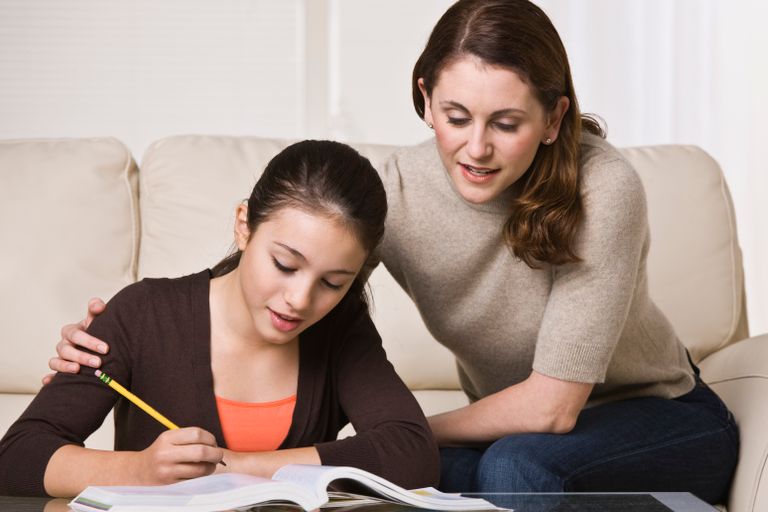Email us at: info@globallanguageexpert.co.uk
Call us on: 07958 297362
Email us at: info@globallanguageexpert.co.uk
Call us on: 07958 297362
One-to-one online tuition will give your child the tailored support they need to master the German language. Using a blend of traditional teaching methods and multimedia resources, we will build our students’ vocabulary and deepen their grammatical understanding. We will encourage them to speak German as much as possible in tutoring sessions in order to prepare them for their GCSE oral exams.
GCSE language assessments have become even more demanding in recent years, so exam preparation is central to the way we teach. We will be going through past papers , studying mark schemes, or devising effective revision techniques in order to enable your child to shine in the exam hall and stand out from their peers.

Trough immediate feedback and homework support we will make sure that your child will have their individual needs met while enjoying the language learning process at the same time. We will develop their speaking, writing and listening skills in an effective and enjoyable way.
Our qualified and skilled tutors are experts in preparation for multiple exam boards. They will help your child develop the necessary skills and confidence needed to excel at their GCSE & A-Level exams. The main exam boards for GCSE & A-level Modern Foreign Languages are:

Students study three ‘themes’ in German: identity and culture; local, national and global areas of interest; and current and future study and employment.

Students learn about identity and culture; their local area; holiday and travel; school; future aspirations, study and work; and international and global dimensions.

IGCSEs were introduced 30 years ago by Cambridge Assessment International Education and were created for international students. Many independent schools, as well as state schools, now offer IGCSEs as an alternative to the more common qualification. Universities and employers regard IGCSE and GCSE as equivalent qualifications.

What prior knowledge and skills are required?
You should ideally have an A or A* at GCSE and at least an A at IGCSE.
How is the course assessed?
For the A level, there are three exams that cover all four general topic areas together with the film and literary text.
info@globallanguageexpert.co.uk
Call us on: 07958 297362
We need your consent to load the translations
We use a third-party service to translate the website content that may collect data about your activity. Please review the details in the privacy policy and accept the service to view the translations.